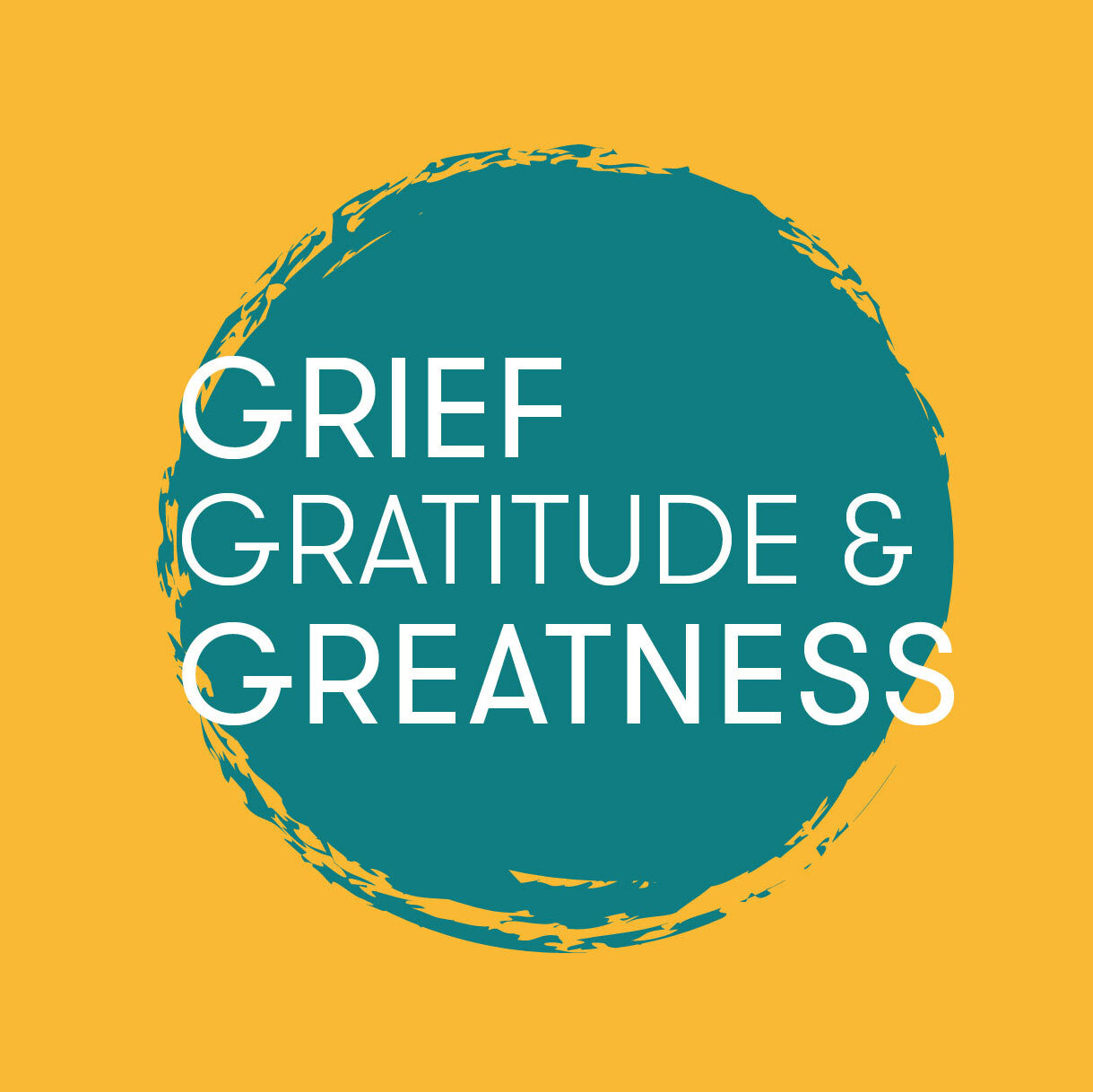Embracing Rituals of Grief
After our mother died, Grandma Farah stayed with my sister and me while our father worked his night job. Mornings were filled by the sounds of my sister wailing as Farah took a fine tooth comb, ran it under the faucet, double tapped it on the edge of the sink and used it to carve, from front to back, a perfect part down the center of my sister’s skull. She would then wet comb my sister’s hair without pause at the cries of pain issuing from her granddaughter. She was undaunted and determined to deliver flawless upbraids, an unfortunate daily gift my sister had to endure.
This ritual was a reflection of the routine of combing of her own hair, thick, long, wavy, coarse, and black as coal. She took pride in her impeccably well-maintained hair and would not be seen without it perfectly smoothed and coifed.
Farah’s sartorial attention also took to such detail. In fact she ironed all of my clothing from polo shirts and gold threaded plaid blouses to my jordache jeans and gloria vanderbelt velvet pants. Yes, she even pressed my blue jeans! It was essential for us to be prideful in our appearance, for her to be prideful of our appearance.
This is where you add a small excerpt or phrase
Whenever a sock or skirt needed mending she was on task before I even took notice of the flaw. She trained us well to drop off our mending at her feet. As a seamstress, she took pride and we enjoyed the convenience, even took for granted, the good fortune of having all of our clothing threaded back to perfection. Every time I had a rip in my clothing or needed my pant legs pegged, without a second thought, I delivered them to Farah. She repaired all of my clothing, everyone’s clothes. Her love was dispatched in her manual labor. And now I stitch these words together in an attempt to repair the fissure in my heart.
When someone passes in the Jewish faith, burial follows within a day or two. And while all that we possess is the adrenaline to carry us as we are floating, not really making contact with the ground, unable to sleep, we are making plans, plans for the obituary, for the service, for the burial, for Shiva.
We meet with the funeral home, with the Rabbi. I haven’t stepped into a synagogue in years and am not a practicing Jew, outside of lighting a menorah, which sits close to a Christmas tree, simply to give our children perspective and experience. I am, as I told the Rabbi, a bad Jew. And even though I am a bad Jew, I am through and through a Jew. Each of my parents fled antisemitism to give me a life of promise and privilege in the US. My white skin allowing me to observe, be free and easy and without honoring my history, my religion.
It feels good to meet with the Rabbi. I don’t know him, but he feels familiar. Maybe its because I’ve been through this a few times already. Its the same congregation that held us when we buried my mother, my grandfathers and my other grandmother. Even the synagogue of my youth is gone and replaced by a new structure closer to where a younger demographic of Jews call home, but I feel safe here. Here, our truths can be spoken, however jumbled they may be. My father and uncle, the only officially recognized mourners allow me to join them in the meeting with the Rabbi. We all share stories of this amazing woman whose strength was so certain that we knew she would outlive us all.
As I said, my father and I have been through this before. I knew the routine. I know the prayer of kaddish, the traditional prayer of mourning. I both resent and am comforted that I know the rituals. The Rabbi reminds us of the practice of Keriah, a tearing of one’s clothing, symbolizing the despair and tear of one’s own heart. We discuss the Meal of Consolement where foods are prepared for the mourners, to bring them comfort and nourishment. Traditionally the foods that are served are round, representing the cycle of life. In Judaism, death is not treated or considered a tragedy but rather as part of the cycle of life.
I told the Rabbi that I wanted to perform Keriah, to tear my own ribbon and wear it. I said I know my sister would want to as well. The Rabbi said that although she was like a mother to us, our faith does not recognize grandchildren as mourners.
And maybe because I’m a bad Jew, it happened that while my sister and I were tapping our adrenaline to complete the tasks to prepare for her service and The Meal of Consolement that as I was getting into my sister’s car, my pants ripped. A 5 inch L shaped flap exposed my behind, drawing attention away from my raw face, bleached by sleeplessness, sorrow and sobs to my thin trousers, exposing my behind.
As I had flown in on short notice, for a quick 48-hour visit, I hadn’t packed other pants. I didn’t think, didn’t believe she could die. But she did within 12 hours of my plane landing. When I walked into her room and saw her resting peacefully, I knew right away what I needed to do. I spent my last hours with her, combing her hair, her most favored asset, gently picking at the knots for hours, careful not to inflict any pain, although the morphine hospice allows would not allow.
And now, I am left with little but my own penchant for maintaining a head of long hair, thoughts of her every time I run a brush through it and a pair of ripped pants sitting on my dresser with no idea where they should go.


